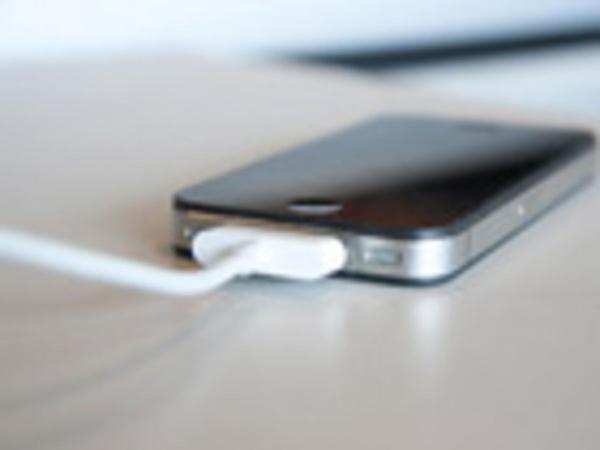One of the main criticisms of smartphones is their lack of autonomy, which often requires daily recharges. Contrary to what some users think, however, these have a very moderate impact on their electricity bills.
The "capacity" of the batteries(1) of the latest smartphones reaches around 10 Wh on average. With the assumption that a daily recharge is necessary to activate the multiple applications, the annual electricity consumption of a smartphone reaches almost 3.65 kWh (365 x 10 Wh). Given the low price of electricity in France (around 14 euro cents per kWh)(2), this consumption ultimately costs around 50 euro cents per year .
In their home, a French household is exposed to other more expensive electrical expenses. For example, he pays an average of nearly 2.5 euros per year to charge a laptop computer, 27 euros to wash his clothes, 39 euros to supply a fridge/freezer, 83 euros for lighting and more than 1,130 euros for get warm(3).

Apart from recharging, it should be noted, however, that many consumptions linked to the use of a smartphone are hidden: its construction and the data centers it uses during downloads generate in particular a significant consumption of electricity. By integrating these criteria, the firm Digital Power Group estimated at the end of 2013 that the actual consumption of a smartphone often exceeds that of a refrigerator, taking into account their entire life cycle.
Medical deserts, public services: what assessment of Macron on rurality?
The best phones in 2021 for photos and video
What is the best Oppo smartphone to choose?
Good Plan: the recap of 4G packages on sale